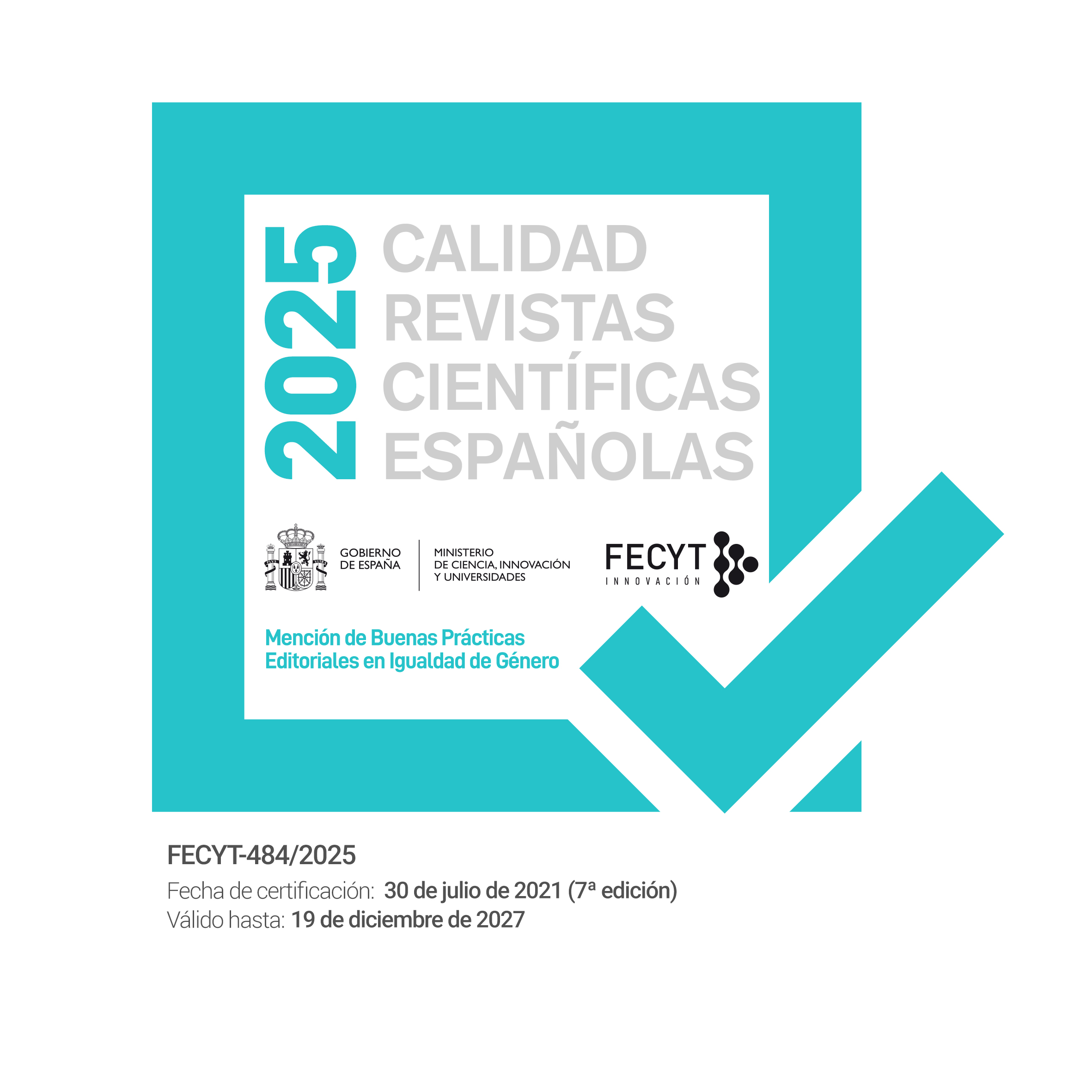Identity, education, gender and nation. A Galiza imaxinada through the Galician emigration press (1915-1936)
DOI:
https://doi.org/10.5944/hme.12.2020.26287Keywords:
Identity, education, gender, nation, Galiza.Abstract
This work examines the representations of the Galiza imaxinada – Galicia imagined - that, through texts and images related to education and childhood, are portrayed by the press produced by Galician emigrants. For this purpose, we analyze the content of a sample that includes all the numbers published between 1915 and 1936 of Céltiga (Buenos Aires, Argentina) and Eco de Galicia (La Habana, Cuba), magazines that specifically address the representations of identity that go beyond the notions of gender, social class and nation.
Downloads
References
Bolaño Amigo, María Eugenia. «Representaciones de los espacios escolares a través de la prensa gallega de la emigración: Eco de Galicia (1917-1936) y Céltiga (1924-1932)». En Espacios y patrimonio histórico-educativo, coordinado por Paulí Dávila y Luis M. Naya, 775-794. Donostia: EREIN, 2016.
Bolaño Amigo, María Eugenia. «Representacións textuais e icónicas da infancia, da primeira adolescencia e da súa educación en revistas culturais e en prensa gráfica galega (Galiza, Bos Aires e A Habana) e madrileña: 1915-1936. Entre o Naturalismo, a Socialización e a Distinción Social». PhD diss., Universidade de Santiago de Compostela, 2017.
Escudero, Camila. «A Imprensa Imigrante: Uma Fonte de Representaçao de Identidades Reais e Simbólicas». Investigaçao Qualitativa 1, no. 1 (2016): 29.
González Millán, Xoan. Resistencia cultural e diferencia histórica: A experiencia da subalternidade. Santiago de Compostela: Sotelo Blanco, 2000.
Lowe, Roy. «Education and national identity». History of Education 28, no. 3 (1999): 231-233.
Miguélez-Carballeira, Helena. Galiza, um povo sentimental? Género, política e cultura no imaginário nacional galego. Santiago de Compostela: Associaçom Galega da Língua, 2014.
Neira Vilas, Xosé. A prensa galega en Cuba. Sada: Ediciós do Castro, 1985.
Núñez Seixas, Xosé Manoel. O inmigrante imaxinario. Santiago de Compostela: Universidade de Santiago de Compostela, 2002.
Núñez Seixas, Xosé Manoel. O soño da Galiza ideal. Estudos sobre exiliados e emigrantes galegos. Vigo: Galaxia, 2016.
Pozo Andrés, María del Mar. Currículum e identidad nacional. Regeneracionismos, nacionalismos y escuela pública (1890-1939). Madrid: Biblioteca Nueva, 2000.
Pulpeiro, Sylvia y Pablo Rodríguez (Eds.). Eliseo Pulpeiro. As letras galegas entre dúas ribeiras (Ribadeo e Río da Prata). Santiago de Compostela: Consello da Cultura Galega, 2016.
Queizán, María Xosé. Opening address at launch of the issue ‘O verbo patriarcal’. Festa da palabra silenciada. Vigo: Escola de Artes e Oficios, 2009.
Taboada González, Sabela. E fíxose a nación. Os albores da nación española na prensa galega (1808-1814). A Coruña: Deputación provincial da Coruña, 2011.
Villares, Ramón. Identidade e afectos patrios. Vigo: Galaxia, 2017.
Viñao Frago, Antonio. «Escolarización, edificios y espacios escolares». CEE Participación Educativa 7 (2008): 16-27.
Downloads
Published
How to Cite
Issue
Section
License
Authors who publish in Historia y Memoria de la Educación agree to the following terms:
- Authors retain copyright and grant the journal right of first publication with the work simultaneously licensed under a Creative Commons Attribution-NonCommercial 4.0 International that allows others to share the work with an acknowledgement of the work's authorship and initial publication in this journal.
- Authors are able to enter into separate, additional contractual arrangements for the non-exclusive distribution of the journal's published version of the work (e.g., post it to an institutional repository or publish it in a book), with an acknowledgement of its initial publication in this journal.
- Authors are permitted and encouraged to post their work online (e.g., in institutional repositories or on their website) prior to and during the submission process, as it can lead to productive exchanges, as well as earlier and greater citation of published work (See The Effect of Open Access).












